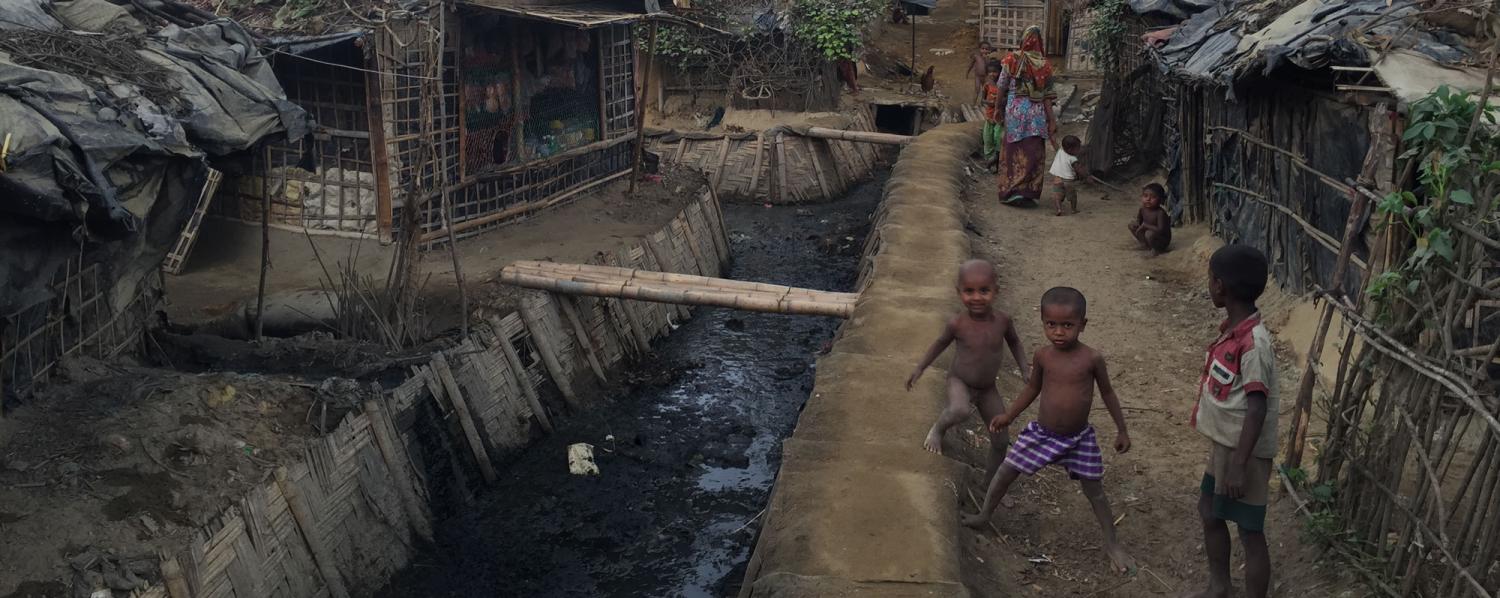For several years, Malaysian religious and human rights organisations, often claiming support from the 100,000+ Rohingya Muslim community in the country, have rebuked Prime Minister Najib Razak for doing too little to help Muslims in Myanmar. Although the issue concerns a regional neighbour, these criticisms go to the jockeying for power in Malaysia's domestic politics. If Najib is to win the next election he will need to court the Islamist party, PAS.
So the recent announcement by a coalition of Malaysian NGOs to send an aid flotilla to Myanmar's Rakhine state, which has a large Rohingya population, is in part an extension of this domestic jostling for power. The flotilla, originally due to depart on 10 January, is now expected to sail on 31 January.
In late December, the Malaysian Consultative Council of Islamic Organisations said that even without permission from Naypyidaw, it would send the flotilla. Unsurprisingly, Myanmar refuses to receive the flotilla and announced that 'No non-Myanmar citizens can enter our body of water without our permission. If they do, we will respond – we will not attack them, but we will not receive them.'
As the crisis in Rakhine state has worsened in recent months, the embattled Najib has called for foreign intervention to stop the 'genocide' of Rohingya Muslims.
Contrast this megaphone diplomacy with Indonesia’s quieter approach. Jakarta is sending ten containers of aid to Rakhine state via Yangon port, to be distributed to both Muslim and Buddhist communities. The aid is reaching those in need and creates political space for dialogue. As a result, diplomatic relations remain intact. In what seemed a pointed swipe at Malaysia’s policy, Indonesian President Joko Widodo said late last year that 'Indonesia's diplomacy has achieved the task (of delivering aid) without unnecessary uproar.'
Kofi Annan, who chairs the Rakhine Commission, has also been circumspect: '(genocide)…is not a charge that should be thrown around loosely' but rather requires legal review and judicial determination, he said. Annan was likely hoping for political space to lobby the Myanmar government and the army for better humanitarian access.
Malaysia-Myanmar relations are at rock bottom; arguably lower than during the 2015 refugee crisis that tested ASEAN’s archaic policy of non-intervention in member-state affairs. Rather than tacitly endorsing a civilian aid flotilla encroaching on Myanmar’s sovereign waters, Najib should be encouraging the upholding of diplomatic norms. An appropriate response may have been to lobby for a change of ASEAN’s non-interference policy, so that member states could work together to resolve the Rohingya crisis and strengthen ASEAN itself. Instead, Najib has outsourced state responsibility to NGOs, a disturbing precedent not least because it is exactly this type of 'flotilla diplomacy' that China has used to muddy the waters in the South China Sea (see here, here and, in Malaysian waters, here).
The downward spiral of Myanmar-Malaysia relations has done little to improve the situation in Rakhine state and has had serious consequences in Malaysia. On 9 January, four Myanmar workers were killed in Malaysia by masked men with swords. Two others were seriously injured. While Myanmar has, pending an investigation, stopped short of saying the attack was related to Rakhine state, its Ministry of Immigration and Population has stopped sending workers to Malaysia.
In this febrile environment it will be hard for the NGO coalition sponsoring the flotilla to back down. But back down they should. Even if they decide to dock in Bangladesh (as they have made some indication they may do), Myanmar’s rumour-soaked social media makes it near impossible to convey good intentions. Instead, the message will likely be that the flotilla is supplying arms to Harakah al-Yaqin, a Rakhine-based terrorist group with connections in Bangladesh. That will only worsen the plight of the Rohingya.
When activism becomes an end in itself, it serves nobody. Instead, the flotilla should deliver aid to Yangon port, as Indonesia has done. Malaysian government support should be given to enable talks between Myanmar and Bangladesh, as well as create political space for urgent humanitarian access.
Photo by Flickr user EU Humanitarian Aid.
